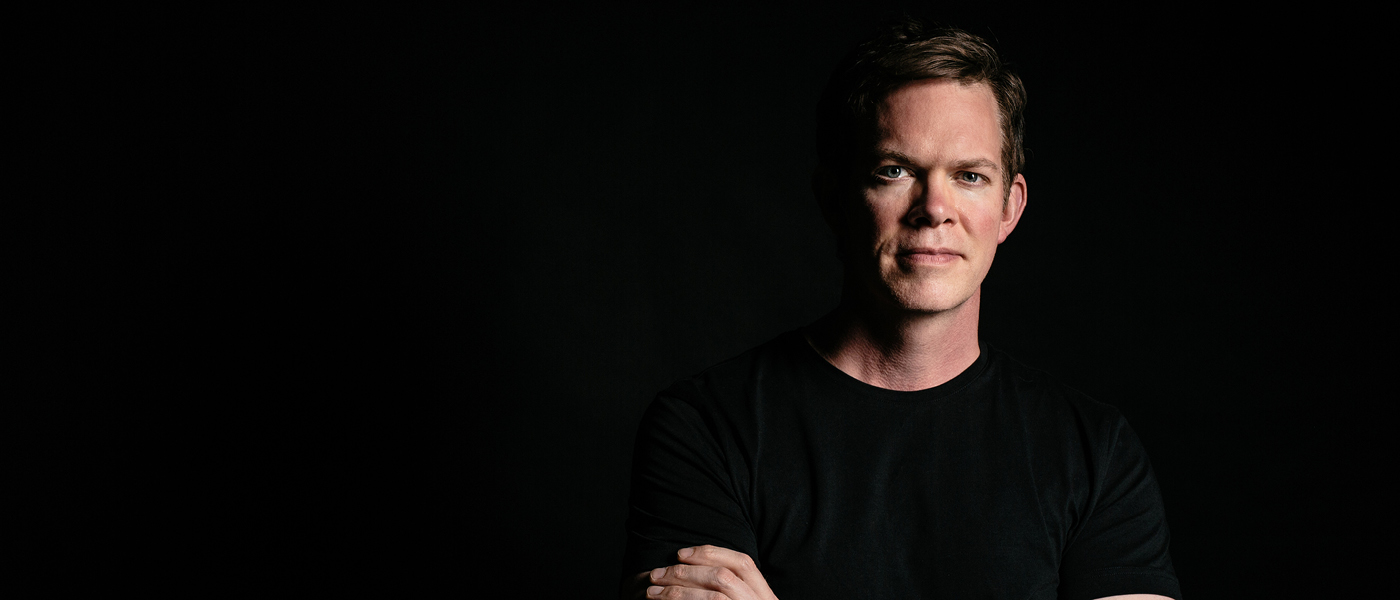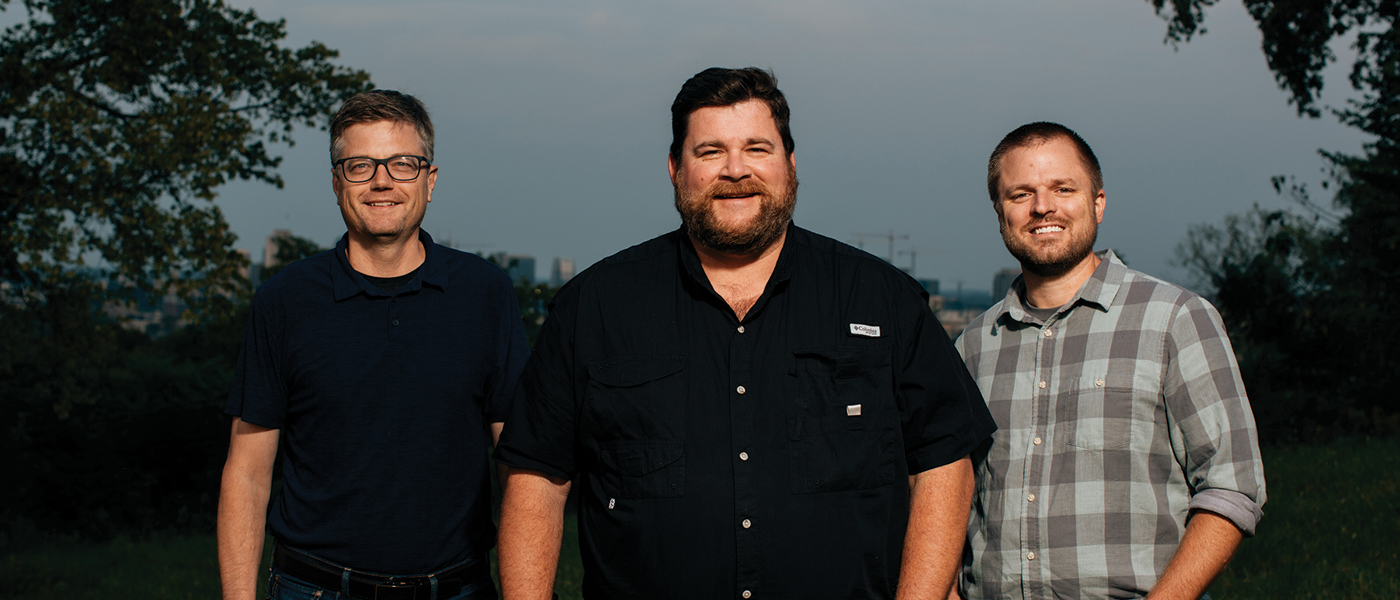When asked why he supports Nashville Rescue Mission, singer/songwriter Jason Gray sent us this beautiful response.
One of the bigger “aha” moments in my walk with the Lord came when I noticed something in Matthew 25:31-46 that I hadn’t seen before.
Jesus is painting a picture that is both terrifying and beautiful, describing what it will look like when he is crowned King, and we stand before him at the end of our days. When he separates the “sheep” from the “goats,” he says it will be based on six questions:
“I come closest to giving him anything in return for all he’s done for me when I care for the poor.”
“Then the King will say to those on his right, ‘Come, you who are blessed by my Father; take your inheritance, the kingdom prepared for you since the creation of the world. For I was hungry and you gave me something to eat, I was thirsty and you gave me something to drink, I was a stranger and you invited me in, I needed clothes and you clothed me, I was sick and you looked after me, I was in prison and you came to visit me.’
When the “goats” on his left protest, Jesus says:
“They also will answer, ‘Lord, when did we see you hungry or thirsty or a stranger or needing clothes or sick or in prison, and did not help you?’ “He will reply, ‘Truly I tell you, whatever you did not do for one of the least of these, you did not do for me.’
What I noticed was that there were none of the theological types of questions that seem so important to us today, such as, “Did you believe in infant baptism? Or The Virgin Birth? Or the inerrancy of scripture?” There is no emphasis on articles of belief at all, only how we cared for the poor, the powerless, and the vulnerable. Jesus finishes with one of the most powerful ideas in all of scripture: His heart for the poor is so personal that he receives the way we treat them as our treatment of him.
I don’t know about you, but Jesus has done so much for me that I can never pay him back. There’s no balancing the scales. But it seems I come closest to giving him anything in return for all he’s done for me when I care for the poor. When I do this, I get to minister to the broken heart of God—his heart that breaks for his suffering children.
This is why caring for the poor has become a priority in my life and why I think of it as my most significant act of worship.




